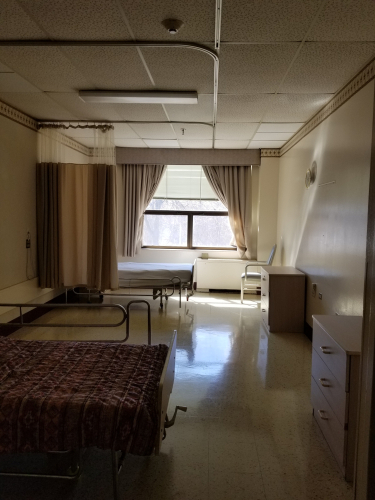Residents are Worse-Off at Private Equity-Owned Nursing Homes, Studies Show:
Citing recent studies, the White House recently declared that residents of private equity-owned nursing facilities have a greater likelihood of experiencing negative outcomes relating to nursing home injuries, nursing home neglect, and wrongful death.
Residents in nursing homes acquired by private equity tend to have “significantly worse outcomes,” the White House said in a fact sheet proposing sweeping changes in the nursing home industry. Issued on February 28, the fact sheet takes a hard look at the impact this kind of for-profit ownership has on the industry. Coming under the federal initiative of increasing transparency of nursing home owners and operators, the focus on private equity-owned nursing homes seeks to improve glaring deficits in care surrounding nursing home injuries, nursing home neglect, and wrongful death in nursing homes.
Residents are worse-off at private equity-owned nursing homes; referencing a range of recent research in the fact sheet, the Biden-Harris administration has outlined the following as the current negative outcomes for residents of private equity-owned nursing homes:
- Increased likelihood of hospital-worthy nursing home injuries and illnesses—Residents of private equity-owned homes are 11.1% more likely to have a preventable emergency room visit and are 8.7% more likely to be subjected to a preventable hospitalization than residents of non-private equity for-profit homes, says this JAMA Network study.
- Higher Medicare costs—The above JAMA Network study indicates that, although private equity-owned nursing homes often give the kind of poor quality care that amounts to nursing home neglect, they still lead to an increase in Medicare costs.
- Higher mortality rates—According to this NBER working paper, among the 18,000 nursing homes studied over a 17-year period, those owned by private equity investment showed a 10% higher rate of excess mortality for residents. Beyond this fact, private equity homes showed a 50% increase of antipsychotic drug prescriptions and a 3% decrease in hours for frontline nursing and increased taxpayer spending per resident of 11%, all of which points to an additional loss of 20,150 lives because of private equity ownership.
- Nursing Home Infection Rates that Exceed State Averages—This New Jersey case study of COVID-19 in private equity-owned nursing homes found that private equity-owned homes had COVID nursing home infection rates that were 30% higher than that state average. COVID deaths at these homes were 40% higher than the state average.
Noting that the trend for private-equity ownership has increased significantly over the past 20 years (with investments growing from $5 billion to over $100 billion between 2000-2018) and also declaring that the private equity model frequently puts profits before people, the White House expressed a desire that certain upcoming measures devised and implemented by the Department of Health and Human Services (HHS) will hold these nursing homes accountable for the care they provide.
Demanding High Quality Care for Your Loved One
Determining the quality and safety of the Philadelphia/PA or NJ nursing home where your loved one lives is essential. Meeting health and safety standards and to ensuring the physical, mental, and psycho/social well-being of their residents is a requirement to which Pennsylvania and New Jersey nursing homes must adhere. Should you have concerns about the quality of care in a Pennsylvania or New Jersey nursing home, or if you suspect neglect, abuse, or fraud has occurred at the Pennsylvania, Philadelphia, or New Jersey nursing home where your loved one lives, please contact nursing home abuse attorney Brian P. Murphy to discover your legal rights and options.







